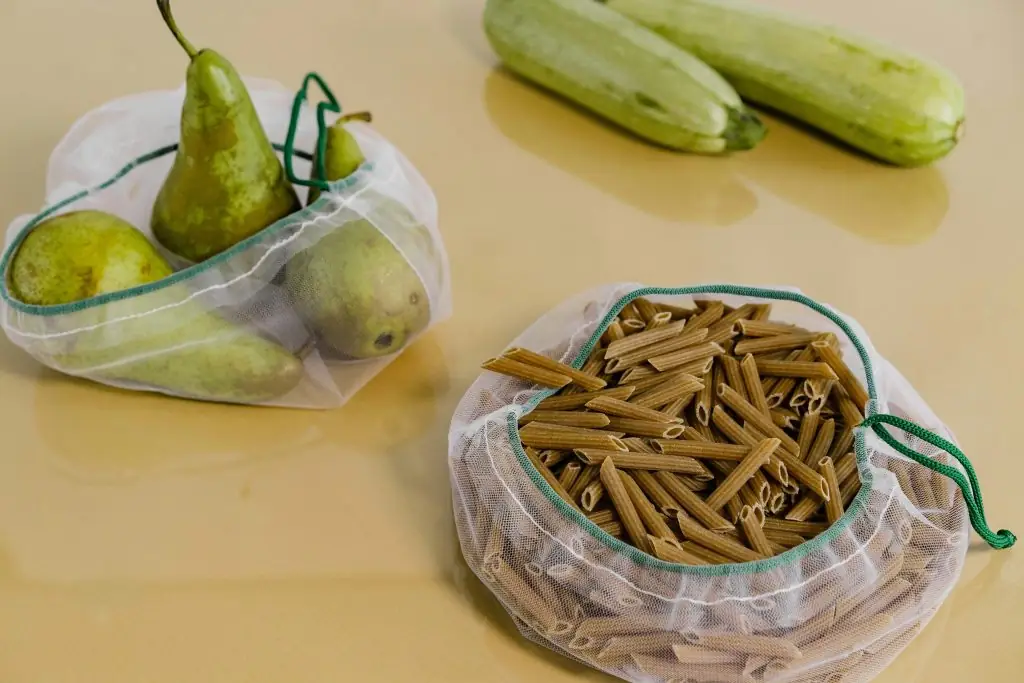If a product is reusable, it means that its use is not limited to a single occasion, but that it has a much longer and more beneficial lifespan. However, reusable is not synonymous with recyclable. Some reusable products are not recyclable, and conversely, we can find single-use products that are recyclable.
What does it mean for a container to be reusable?
In essence, this concept goes far beyond the surface. In fact, reusable containers allow us to use raw materials more responsibly and reduce plastic waste.
In this way, we achieve a much longer lifespan for the product and avoid increasing the volume of waste that is discarded into the environment.
Undoubtedly, this is directly linked to the concept of a “circular economy” – a model that has both international and national backing to promote the most innovative and sustainable materials.
Standards for Considering a Container as Reusable
In the food sector, containers of this type must comply with a number of standards to be considered reusable. The following are distinguished:
- EU Directive 2019/904: This standard was promoted and approved by the Council of the European Union. It aims to reduce the impact of certain plastic products on the environment due to the unsustainable growth in their production and consumption in recent years.
- Regulation 10/2011: Also set by the European Union, this regulation affects products and containers in the food sector, such as plates, glasses, cutlery, trays, cups, and mugs. In this case, all checks and requirements of the regulation must be followed to ensure that they can indeed be reused, as well as to determine the exact number of times they can be safely reused.
- UNE Standard 53928:2019: This standard specifies the number of times a reusable product can be effectively reused, which is then indicated on the product’s label.
To sum up, these European regulations mark the current state of the industry in this respect and the way forward, taking into account the sustainability of planet Earth.

Advantages of Using Reusable Products
- You will reduce the use of raw materials by not having to create as many containers from scratch.
- You will extend the lifespan of materials and lessen the impact on the planet.
- Savings for the consumer’s pocket.
- Greater variety of uses for each container.
Learn much more about other related terms in our Hospitality and Catering Dictionary.
Frequently Asked Questions (FAQs)
What does it mean for a product to be reusable?
A reusable product is one that is designed for multiple uses, rather than being disposed of after a single use. It is built to withstand repeated use without compromising its functionality, thereby extending its lifespan and reducing the need for new resources.
How do reusable products contribute to environmental sustainability?
Reusable products help reduce the use of raw materials and lower the volume of waste generated. By extending the lifespan of materials and minimising the frequency of disposal, they lessen the overall environmental impact, aligning with the principles of a circular economy.
Are reusable products the same as recyclable products?
No, they are not the same. While reusable products are meant to be used multiple times, recyclable products are processed and remade into new items after use. Some reusable items might not be recyclable, and conversely, many recyclable products are intended for single use only.
What are the economic benefits of using reusable containers?
Reusable containers can lead to significant savings by reducing the need to constantly purchase new packaging. They also offer consumers cost savings over time, as the investment in durable, long-lasting products helps lower overall expenses related to waste management and resource use.

